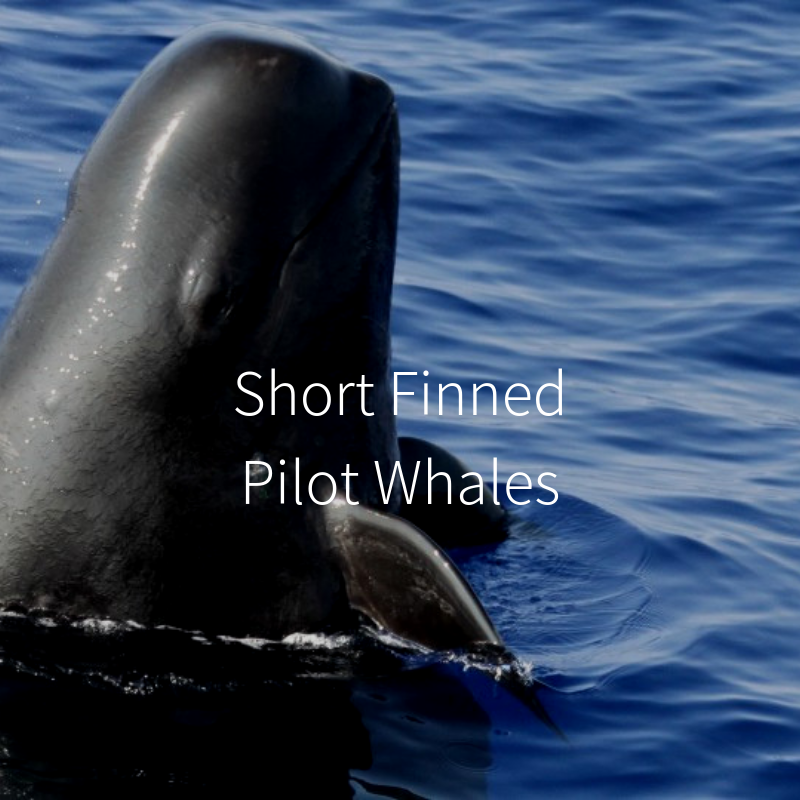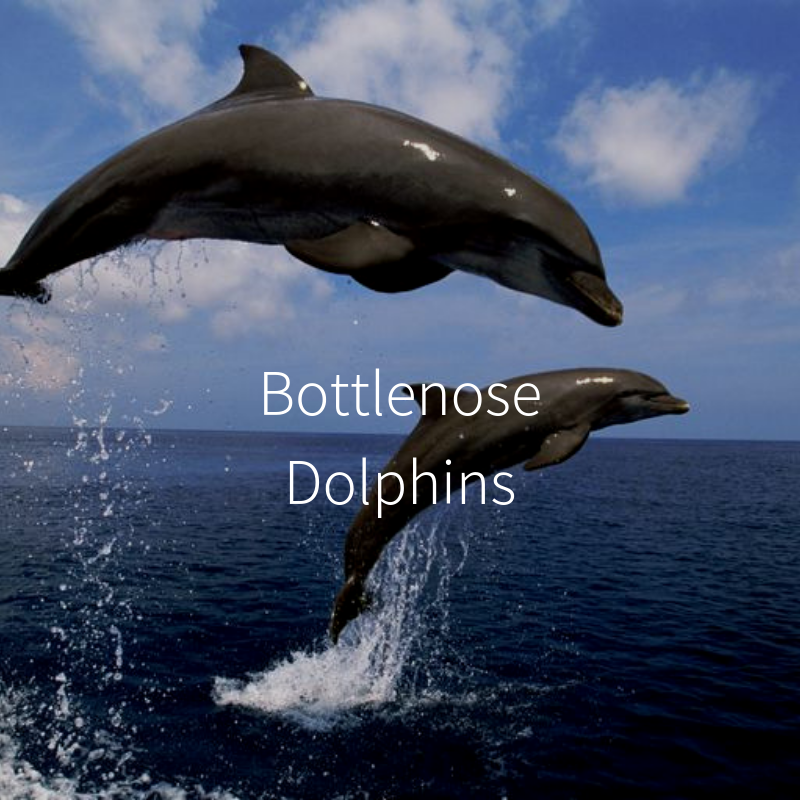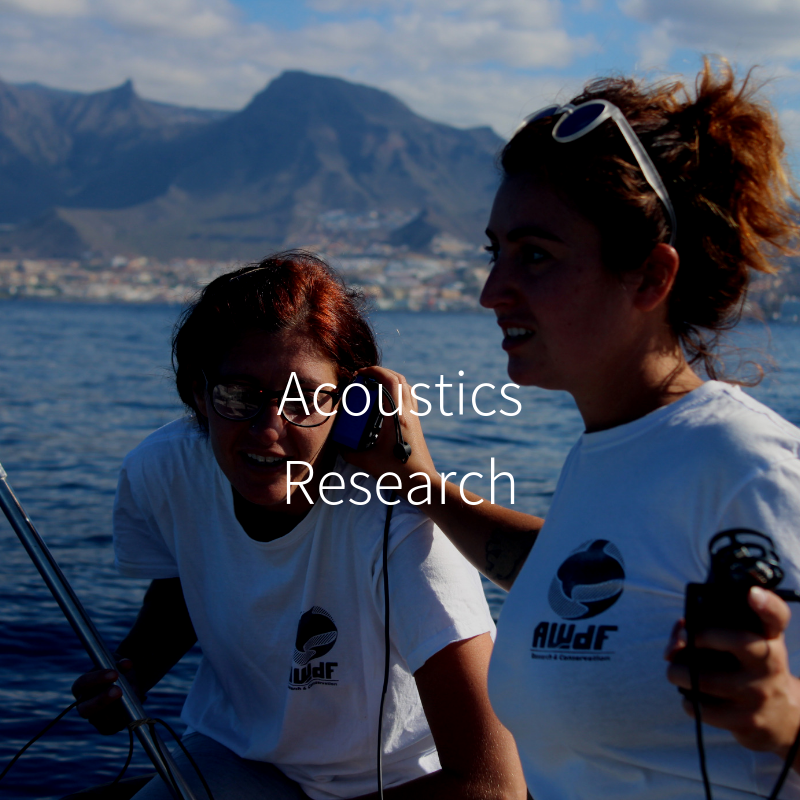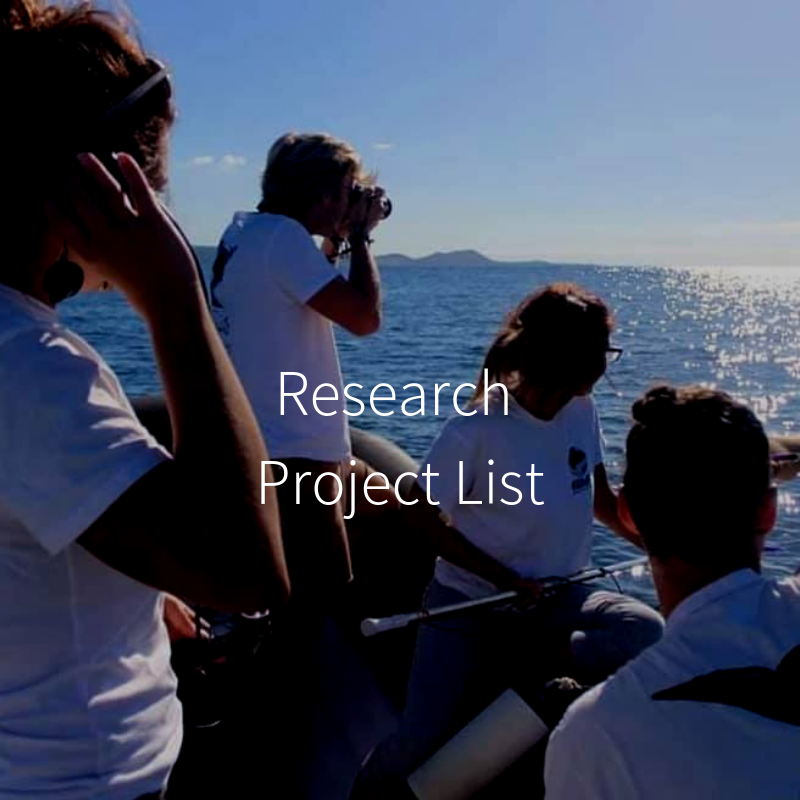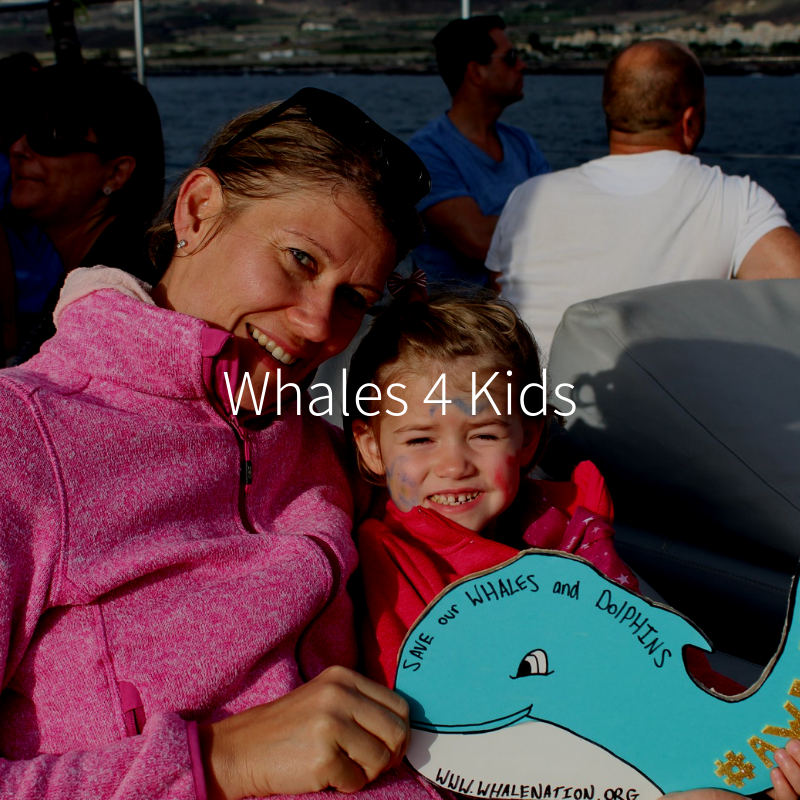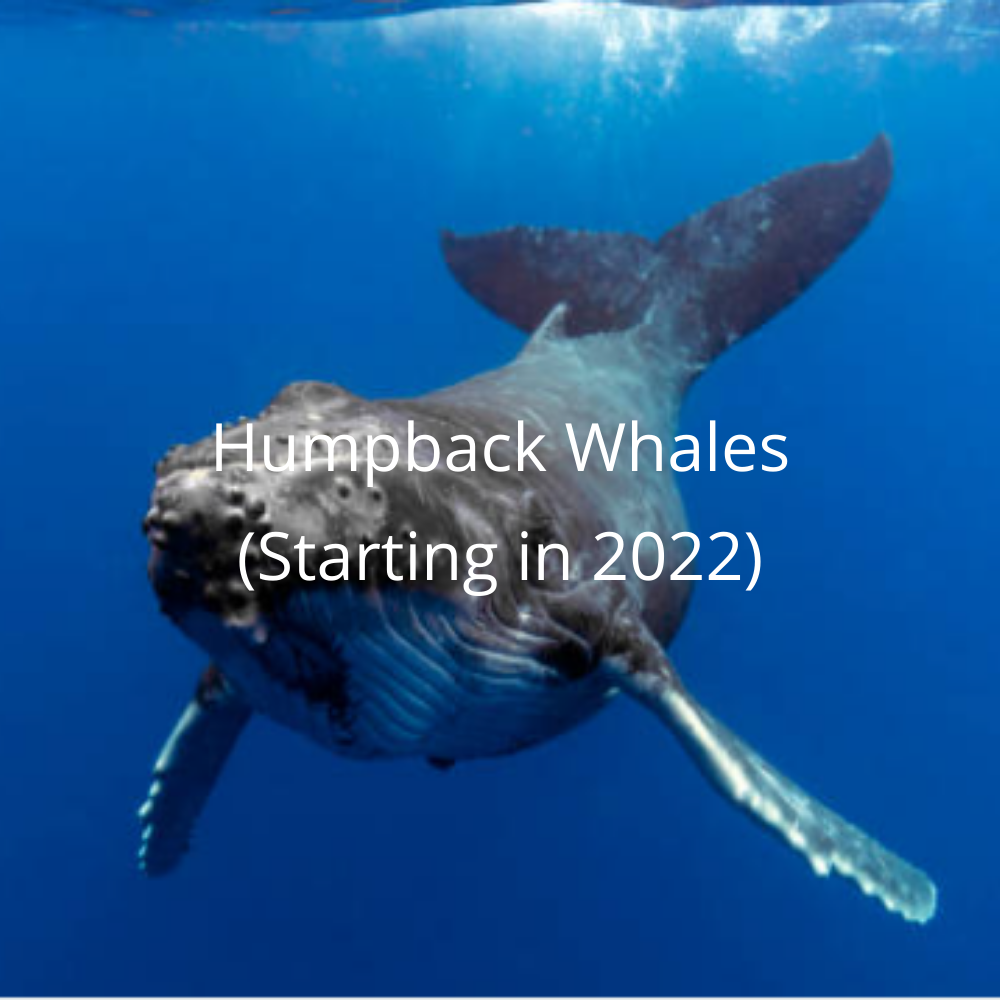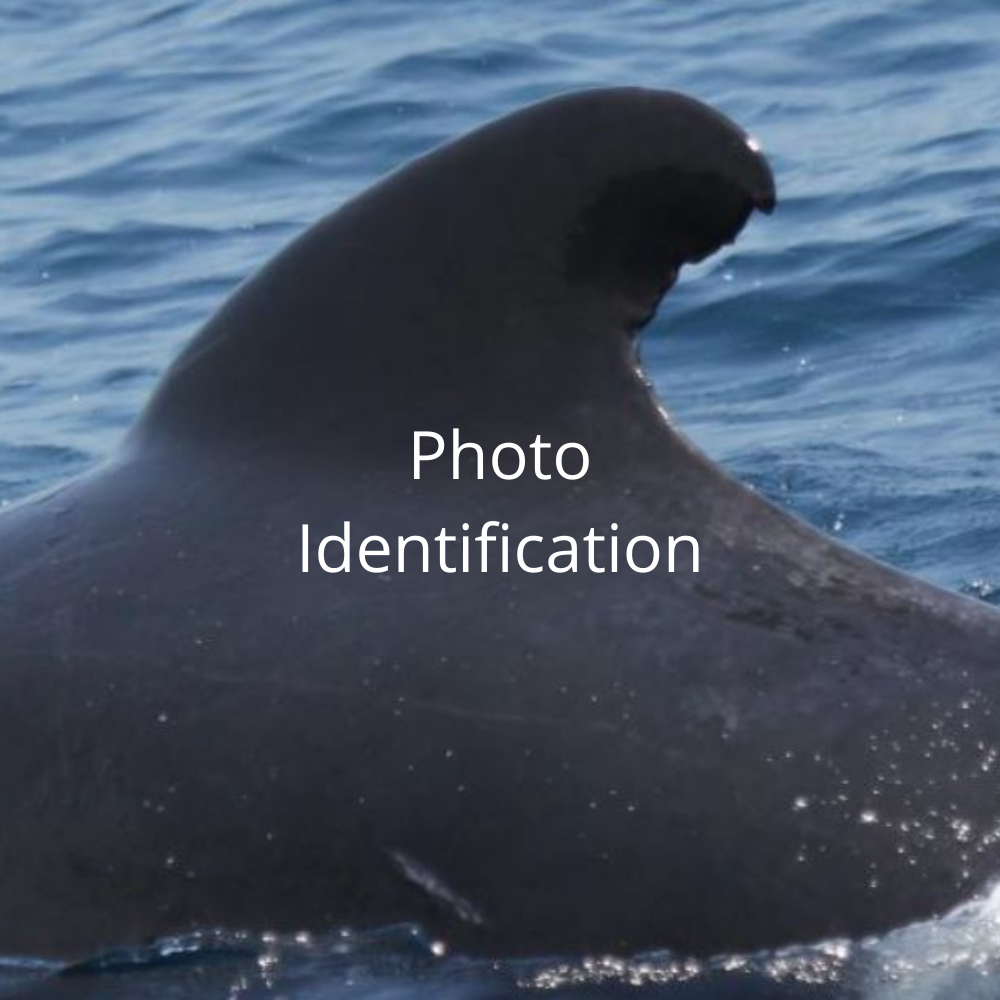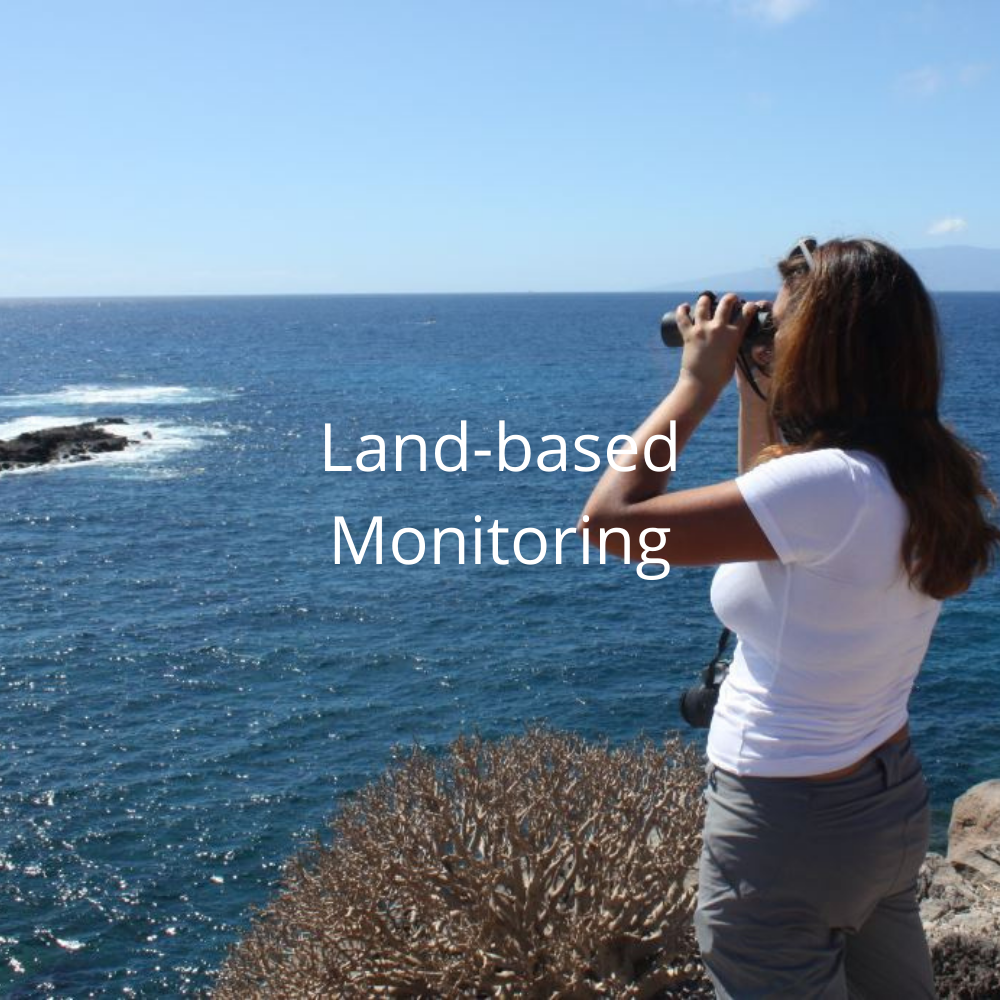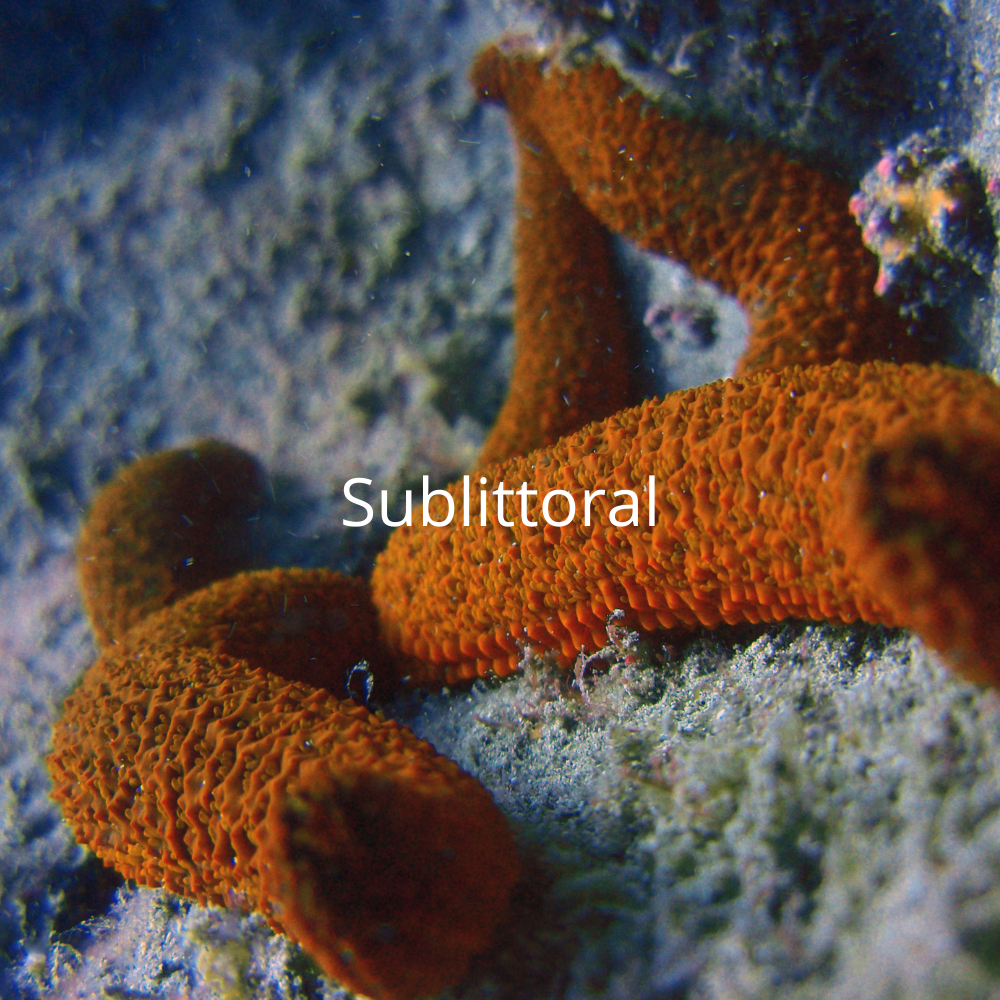Marine mammals are under threat in the ocean like never before—fishing, shipping, pollution, underwater noise, and climate change are all creating multiple challenges for species and ecosystem survival.
For 25 years, the AWDF have led the development of science-based research and conservation efforts on the whales and dolphins in Canarian waters and our long-term dataset is uniquely valuable for understanding how to monitor these cetaceans. The methods and approaches to our work on Canarian cetaceans is now being extended to many other locations across the Atlantic, as part of the Atlantic Ocean Cetacean Network.
Recent discoveries show that marine mammals are critical to healthy ocean ecosystems and enhance robust fisheries. But you don’t have marine mammals if they don’t have homes, thus all of them require protection from harmful activities in their habitats. In some marine mammals this may mean protecting migratory corridors, from breeding to feeding grounds, across international boundaries.
We focus on a mix of Citizen Science as well as in-depth research into cetacean behaviour and habitats. This work has included development and validation of cetacean population numbers and family groups and sizes within these figures.
We also farm information on behaviour of cetaceans and their reaction to human interaction via tourism. We are working to address the effects of human activities on marine mammals and the ecosystems on which they depend and conserve threatened animals and habitats.
By assessing the cumulative human impacts we witness, we can help reduce potential threats through a combination of stakeholder engagement and applied scientific research.
For 25 years, the AWDF have led the development of science-based research and conservation efforts on the whales and dolphins in Canarian waters and our long-term dataset is uniquely valuable for understanding how to monitor these cetaceans. The methods and approaches to our work on Canarian cetaceans is now being extended to many other locations across the Atlantic, as part of the Atlantic Ocean Cetacean Network.
Recent discoveries show that marine mammals are critical to healthy ocean ecosystems and enhance robust fisheries. But you don’t have marine mammals if they don’t have homes, thus all of them require protection from harmful activities in their habitats. In some marine mammals this may mean protecting migratory corridors, from breeding to feeding grounds, across international boundaries.
We focus on a mix of Citizen Science as well as in-depth research into cetacean behaviour and habitats. This work has included development and validation of cetacean population numbers and family groups and sizes within these figures.
We also farm information on behaviour of cetaceans and their reaction to human interaction via tourism. We are working to address the effects of human activities on marine mammals and the ecosystems on which they depend and conserve threatened animals and habitats.
By assessing the cumulative human impacts we witness, we can help reduce potential threats through a combination of stakeholder engagement and applied scientific research.
"We must work with ocean energy, fishing, and aquaculture industries, to help make their activities less detrimental. We do not yet have a collective view of how we will co-exist with marine mammals in an industrialised ocean, but if we use science well and develop the oceans carefully, the next generation of scientists will be able to bring this vision closer to reality."
- Scott Kraus,
Vice President and Chief Scientist
Anderson Cabot Center for Ocean Life
